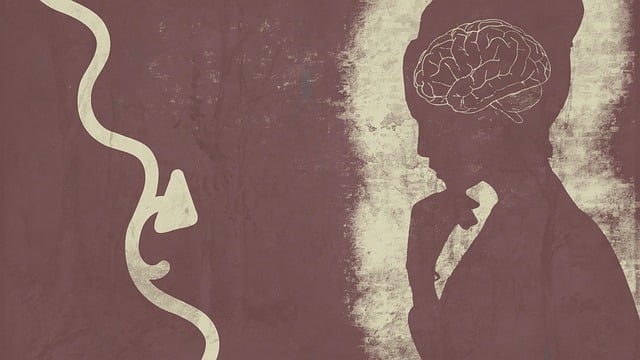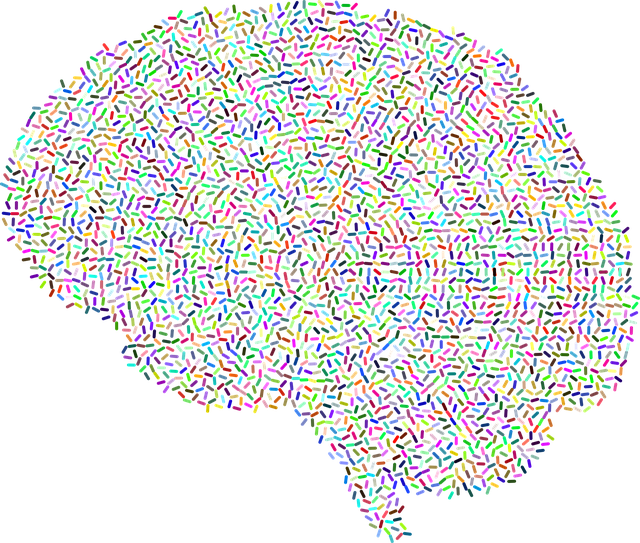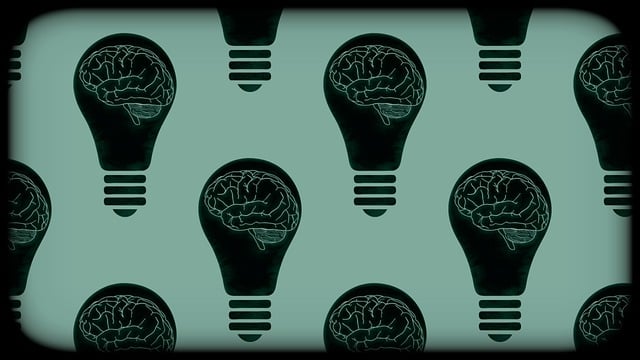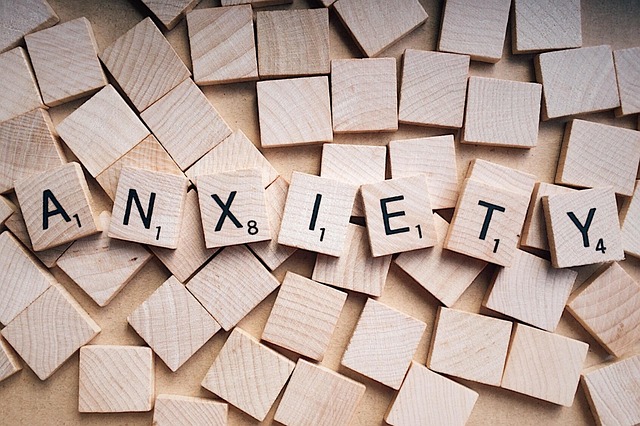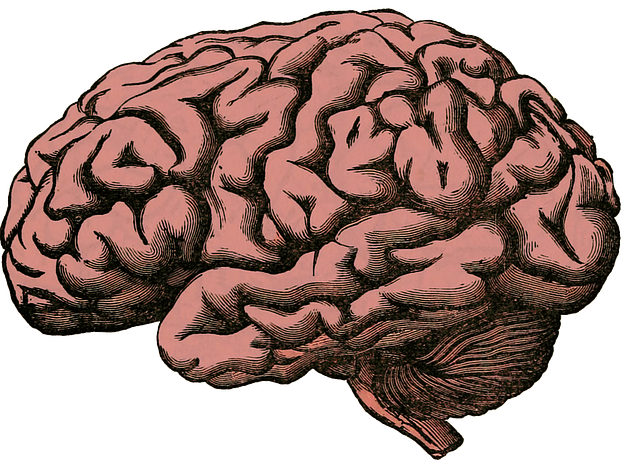Mental wellness self-assessment tools, incorporating techniques like Castle Rock Post-Traumatic Stress Disorder (CR-PTSD) Therapy, are crucial for understanding psychological states. These tools empower individuals to take proactive steps for their well-being, facilitate early intervention, and inform Mental Health Policy through data collection. CR-PTSD Therapy, focusing on the mind-body connection, offers a culturally sensitive approach to evaluating and treating PTSD symptoms. User-friendly digital self-assessment tools make therapy more accessible, enhancing self-discovery, client-professional empathy, tailored treatment approaches, and risk management planning.
Mental wellness self-assessment tools play a pivotal role in empowering individuals to take control of their mental health. This article explores the development and integration of such tools, focusing on the Castle Rock Post-Traumatic Stress Disorder (PTSD) Therapy framework. We delve into understanding the need for comprehensive PTSD assessment, highlighting key components for effective tools, and discussing how Castle Rock therapy enhances support through user-friendly interfaces. By integrating evidence-based practices, these assessments can improve access to mental health services and foster better outcomes.
- Understanding Mental Wellness Self-Assessment Tools
- Identifying the Need for Castle Rock Post-Traumatic Stress Disorder Therapy
- Key Components of an Effective Self-Assessment Tool
- Integrating Castle Rock Therapy into Self-Assessment Frameworks
- Enhancing Mental Health Support through User-Friendly Assessment Tools
Understanding Mental Wellness Self-Assessment Tools

Mental wellness self-assessment tools play a pivotal role in individual’s journey towards understanding their psychological state. These tools, designed to evaluate various aspects of mental health, empower individuals to take proactive steps for their well-being. By offering insights into symptoms, behaviors, and emotional patterns, these assessments serve as valuable resources for both personal growth and professional guidance. For instance, the Castle Rock Post-Traumatic Stress Disorder (PTSD) Therapy uses self-assessment techniques to help individuals identify trauma-related responses, facilitating early intervention and personalized treatment plans.
Effective mental wellness self-assessment tools incorporate crisis intervention guidance, ensuring support during moments of distress. They also inform Mental Health Policy Analysis and Advocacy by gathering data on prevalent issues, driving policy changes, and enhancing service accessibility. Moreover, these tools often employ Communication Strategies to foster open dialogue about mental health concerns, breaking down barriers and promoting help-seeking behaviors in diverse communities.
Identifying the Need for Castle Rock Post-Traumatic Stress Disorder Therapy

In today’s fast-paced world, mental wellness is an increasingly pressing concern, with post-traumatic stress disorder (PTSD) emerging as a significant challenge for many individuals. The need for effective Castle Rock Post-Traumatic Stress Disorder Therapy (CR-PTSD) has become more apparent, given the high prevalence of traumatic events in modern society. This therapy offers a specialized approach to address the unique complexities of PTSD, which often goes undiagnosed or mismanaged.
The development of CR-PTSD therapy is driven by the recognition that traditional stress reduction methods may not suffice for this particular disorder. Mental wellness coaching programs are being enhanced to incorporate evidence-based techniques tailored to help patients process and overcome traumatic memories. Moreover, risk management planning for mental health professionals is crucial to ensure they are equipped to handle the complex needs of PTSD patients safely and ethically.
Key Components of an Effective Self-Assessment Tool

An effective mental wellness self-assessment tool should encompass several key components to ensure accurate evaluation and meaningful insights. Firstly, it must include questions or metrics that delve into various aspects of an individual’s mental health, such as mood, anxiety levels, sleep patterns, and social interactions. These questions should be tailored to assess specific mental health conditions, like Castle Rock Post-Traumatic Stress Disorder (PTSD) Therapy, by incorporating relevant symptoms and experiences.
Additionally, the tool should foster self-reflection and promote emotional intelligence by encouraging users to identify their emotions, triggers, and coping mechanisms. Encouraging positive thinking and emotional well-being promotion techniques can be integrated through affirmations or exercises that help individuals challenge negative thought patterns and develop healthier mental habits. The ideal assessment provides personalized feedback, offers actionable recommendations for improvement, and guides users towards available resources or support services if needed.
Integrating Castle Rock Therapy into Self-Assessment Frameworks

Integrating Castle Rock Therapy into self-assessment frameworks offers a novel approach to mental wellness evaluation, particularly in addressing post-traumatic stress disorder (PTSD). This therapeutic method, named after its origin in ancient tribal practices, focuses on the mind-body connection and has shown promise in treating PTSD symptoms. By incorporating these techniques, assessment tools can enhance cultural sensitivity in mental healthcare practice, reflecting the growing awareness of the impact of cultural factors on an individual’s mental health.
The Castle Rock Therapy approach encourages individuals to connect with their inner strength and resilience, fostering self-discovery and healing. This method is particularly valuable for diverse populations, considering the importance of cultural sensitivity in mental healthcare. Mental health professionals can utilize these techniques as part of a comprehensive risk assessment, ensuring a more holistic understanding of an individual’s mental state and promoting effective treatment strategies tailored to their unique needs.
Enhancing Mental Health Support through User-Friendly Assessment Tools

In today’s digital era, the development of user-friendly mental wellness self-assessment tools is revolutionizing the way individuals access and manage their emotional healing processes. These innovative solutions are designed to break down barriers, making Castle Rock Post-Traumatic Stress Disorder (PTSD) therapy more accessible and less intimidating. By offering intuitive interfaces and personalized feedback, these tools empower users to take charge of their mental health from the comfort of their homes.
Furthermore, such assessment tools not only facilitate self-discovery but also play a pivotal role in empathy building strategies for both clients and mental health professionals. They provide valuable insights into an individual’s emotional state, helping therapists tailor their approaches more effectively. Moreover, by integrating risk management planning, these tools enable professionals to proactively address potential issues, ensuring safer and more productive therapy sessions.
Mental wellness self-assessment tools play a pivotal role in empowering individuals to take charge of their mental health. By integrating evidence-based therapies like Castle Rock Post-Traumatic Stress Disorder (PTSD) therapy into these frameworks, we can significantly enhance access to effective support. A user-friendly, comprehensive tool that incorporates key components such as symptom tracking, personalized recommendations, and resources for professional help is essential. This approach not only promotes early intervention but also fosters long-term mental wellness, ensuring folks receive the care they need in today’s digital age.
